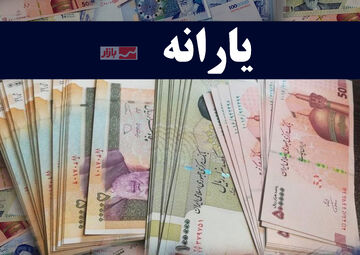Tehran(Bazaar)- Farahnaz Sepehri: Marc Blaser in an interview with Bazaar News Agency said: by eliminating bureaucratic red tape, making ledger systems real-time and reducing third-party fees, blockchain can save the largest banks $8-$12 billion a year.
Marc Blaser is a multicultural and multilingual professional with 15 years of experience in the financial services industry. He has held various roles as consultant, investment and portfolio manager, sales manager and entrepreneur in various alternative asset classes
As a strategic leader, he has been with life insurer Swiss Life, global consulting firm Willis Towers Watson in Switzerland and Japan, PK SBB, one of the largest pension funds in Switzerland, MAN, the world's largest listed hedge fund and GAM a global Asset Manager.
He has a wide range of expertise in financial regulations, blockchain and digital transformation and is geographically mobile.
He holds a bachelor degree International Management, has taken leadership courses with INSEAD in Singapore, gained a professional designation as a Certified International Investment Analyst (CIIA) and topped that with an Executive MBA from the renowned business school IMD.
Furthermore, he promoted a Swiss start-up that aims to disrupt the global ATM market to venture capitalists in Silicon Valley.
Following is the full text of the interview:
Bazaar: In your opinion, what will be the perspective of using blockchain in industries in the coming year ?
Blaser : Money Transfer Use Cases
Pioneered by Bitcoin, cryptocurrency transfer apps are exploding in popularity right now. Blockchain is especially popular in finance for the money and time it can save financial companies of all sizes.
By eliminating bureaucratic red tape, making ledger systems real-time and reducing third-party fees, blockchain can save the largest banks $8-$12 billion a year, according to a recent article by ComputerWorld
Internet of Things (IoT) Use Cases:
Blockchain-infused IoT adds a higher level of security to prevent data breaches by utilizing transparency and virtual incorruptibility of the technology to keep things "smart."
Logistics Use Cases:
Blockchain can solve many of the problems plaguing logistics and supply chain management.
I think that blockchain enables data transparency by revealing a single source of truth. By acknowledging data sources, blockchain can build greater trust within the industry. The technology can also make the logistics process leaner and more automated, potentially saving the industry billions of dollars a year. Blockchain is not only safe, but a cost-effective solution for the logistics industry
Government Use Cases:
By using the technology to secure government documents, but blockchain can also improve bureaucratic efficiency, accountability and reduce massive financial burdens. Blockchain has the potential to cut through millions of hours of red tape every year, hold public officials accountable through smart contracts and provide transparency by recording a public record of all activity
Bazaar:What steps should governments take to make the best use of the blockchain?
Blaser :Look at what can be improved in serving your people: e.g. governmental services to its people and related processes.
Bazaar:What should be done to make managers more familiar with this technology?
Blaser :Send Managers to courses and also apply real life use cases related to their industry.
Bazaar: What are the challenges of using a blockchain?
Blaser :It can be complex and difficult to understand. Depending on the scale and type of a lot of computing power will be used by applying of "proof of work" consensus algorithm.
















نظر شما